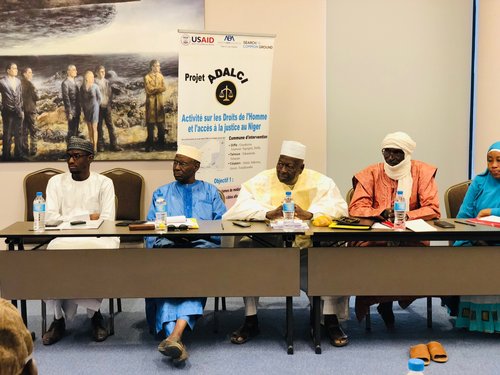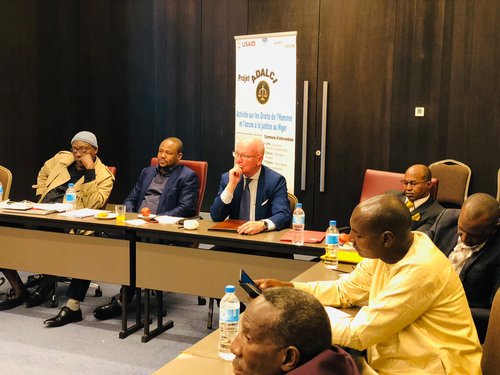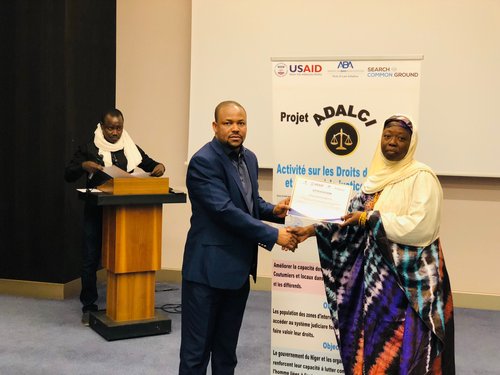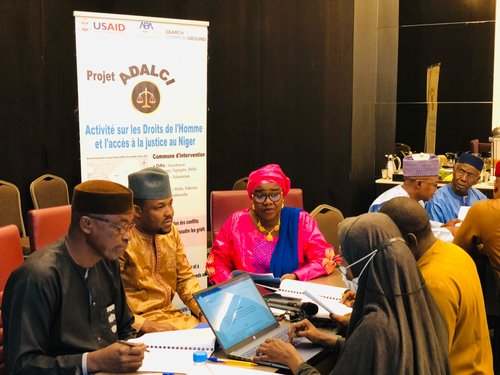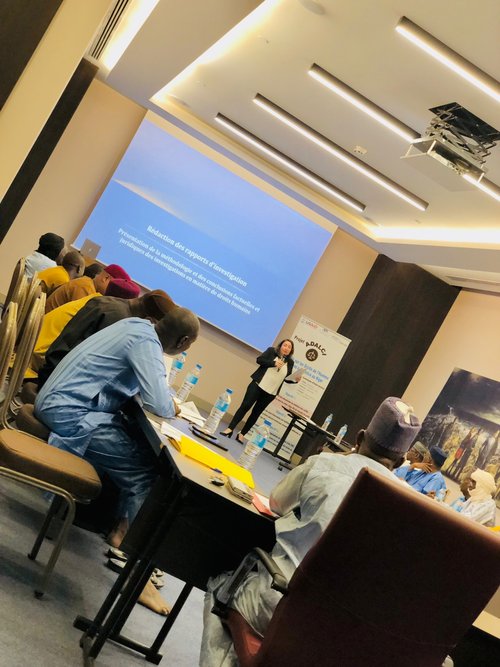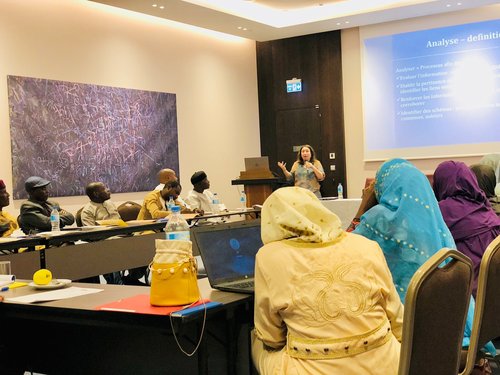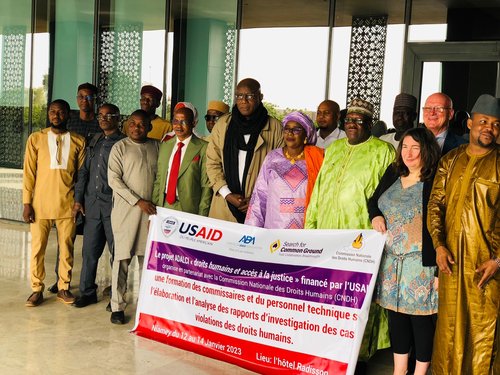The International Criminal Court must investigate war crimes against migrants and asylum seekers detained in Libya committed by Libyan armed groups and officials with the support of Italian and Maltese Authorities
(The Hague, Paris, Turin) 18 January 2022 – Yesterday, Adala for All, StraLi, and UpRights filed a Communication to the International Criminal Court (ICC) concerning crimes committed in Libya between 2017 and 2021 against migrants and asylum seekers which may amount to war crimes within the jurisdiction of the court. The Communication requests the ICC to investigate international crimes committed by Libyan armed groups against thousands of migrants, including women and children, trapped in detention centres in Libya following their interception at sea. Once returned to Libya, the victims were routinely and systematically subjected to various forms of mistreatments and abuse including murder, torture, rape, forced labour and forced conscription. The Communication underlines that the ICC Prosecutor should scrutinize, in addition to Libyan actors, the potential criminal conduct of Italian and Maltese authorities and officials for the support they provided to Libyan actors.
Since the Revolution of 2011, Libya has been subject to ongoing armed conflict and political instability. Armed groups have dominated smuggling and trafficking throughout the country and developed a predatory economy in which migrants are intercepted at sea during their journey to Europe, returned to Libya and placed in detention centres in which they are systematically subjected to serious abuses. Actors involved in the commission of these alleged crimes include members of armed groups in control of detention centres, acting under the nominal authority of Libyan authorities, as well as the Libyan Coast Guard and the Department Combatting Illegal Migration under the Ministry of Interior.
The crimes committed against migrants and asylum seekers qualify and should be investigated as war crimes under Article 8 of the ICC Statute. Members of armed groups, taking direct part in ongoing hostilities in Libya, have subjected migrants intercepted at sea to numerous abuses in detention centres under their control including murder, torture and/or cruel treatment, forced labour, hostage-taking, and various forms of sexual violence including rape and sexual slavery. The Communication submits that these acts meet the threshold necessary for war crimes as they took place in the context of and were associated with the ongoing armed conflict in Libya. Additionally, these crimes qualify as crimes against humanity under Article 7 of the ICC Statute.
The need to investigate and ensure accountability is heightened by the fact that a number of European authorities, including Italian and Maltese nationals, have facilitated the return of migrants to Libya leading to their detention and subsequent mistreatment. As observed by Ramadan Amani from Adala for All, “Crimes committed against migrants in Libya represent an emerging ‘pocket of impunity’ at the border of Europe which has become increasingly and openly accepted by the international community despite the massive amount of evidence of pervasive international crimes on Europe’s doorstep. Available evidence clearly points to responsibilities within Europe.”
Between 2017 and 2021, Italian authorities and officials provided crucial support to the Libyan Coast Guard to intercept migrants at sea and return them to detention centres including the provision of assets, equipment, maintenance and trainings. Italian and Maltese officials closely coordinated with the Libyan Coast Guard on rescue operations to ensure that migrants at sea would be intercepted and returned to Libya. The communication submits that the support provided by the Italian and Maltese authorities to the Libyan Coast Guard qualifies as a form of contribution to the crimes committed against migrants in detention centres and triggers international criminal responsibility under the ICC Statute.
Alessandro Pizzuti, co-founder of UpRights, underlines that “crimes committed against migrants in Libya differ from past atrocities generally addressed by international criminal courts and tribunals. In Libya the parties to the conflict target migrants because they are perceived as a crucial asset to advance their political and military objectives. To meet the new challenges that the world is facing, it is indispensable that the international criminal court provide robust responses to these new factual scenarios and dynamics”
The submitting organizations reiterate the need for investigation and potential prosecution of all relevant actors outlined in the Communication. As observed by Nicolò Bussolati, vice-President of StraLi, “the Communication requests the ICC to undertake an investigation and take an important first step to ensure that crimes related to migration, traditionally under the purview of human rights and refugee law, are scrutinized through the lens of international criminal law”.
For more information, please contact Alessandro Pizzuti: a.pizzuti@uprights.org
Read the Executive Summary of the ICC Communication and the Press Release.
About the Organizations
Adala For All is a not-for-profit organization, based in France, and composed of a network of dozens of Libyan human rights lawyers and jurists with expertise in the MENA region. Through its members, based in Libya, AFA works with victims and members of local CSOs in need of legal support to defend their cases in front of national courts and access to international accountability mechanisms.
StraLi is an Italian NGO aiming at the promotion and protection of human rights through the judicial system and, in particular, the use of strategic litigation tools. The organisation is mainly based in Turin, but has active members all over Europe. Although mainly composed of lawyers, it includes professionals from various fields – such as doctors, psychologists, social-media managers and journalists – to approach human rights protection from an holistic and multidisciplinary perspective.
UpRights is a non-profit initiative based in The Hague, Netherlands. UpRights strives for effective access to justice for victims of serious human rights violations and international crimes. UpRights works in collaboration with civil society and international organisations to promote victims’ rights, providing professional assistance on matters concerning international criminal law and human rights law. Our team includes professionals from international criminal Tribunals and UN Commissions of Inquiry with extensive knowledge of human rights and international criminal law.


